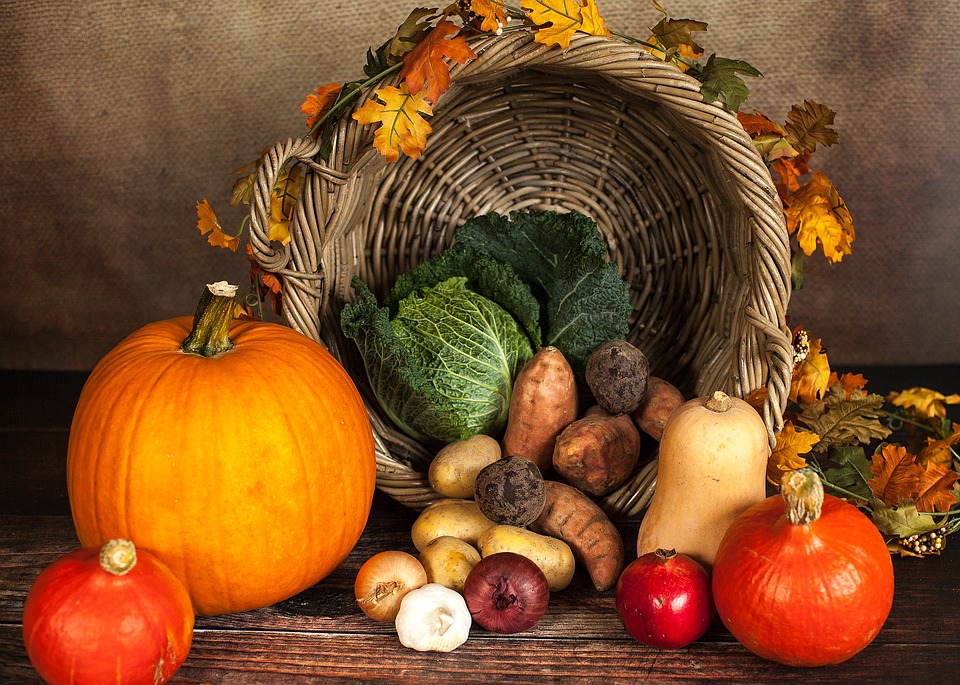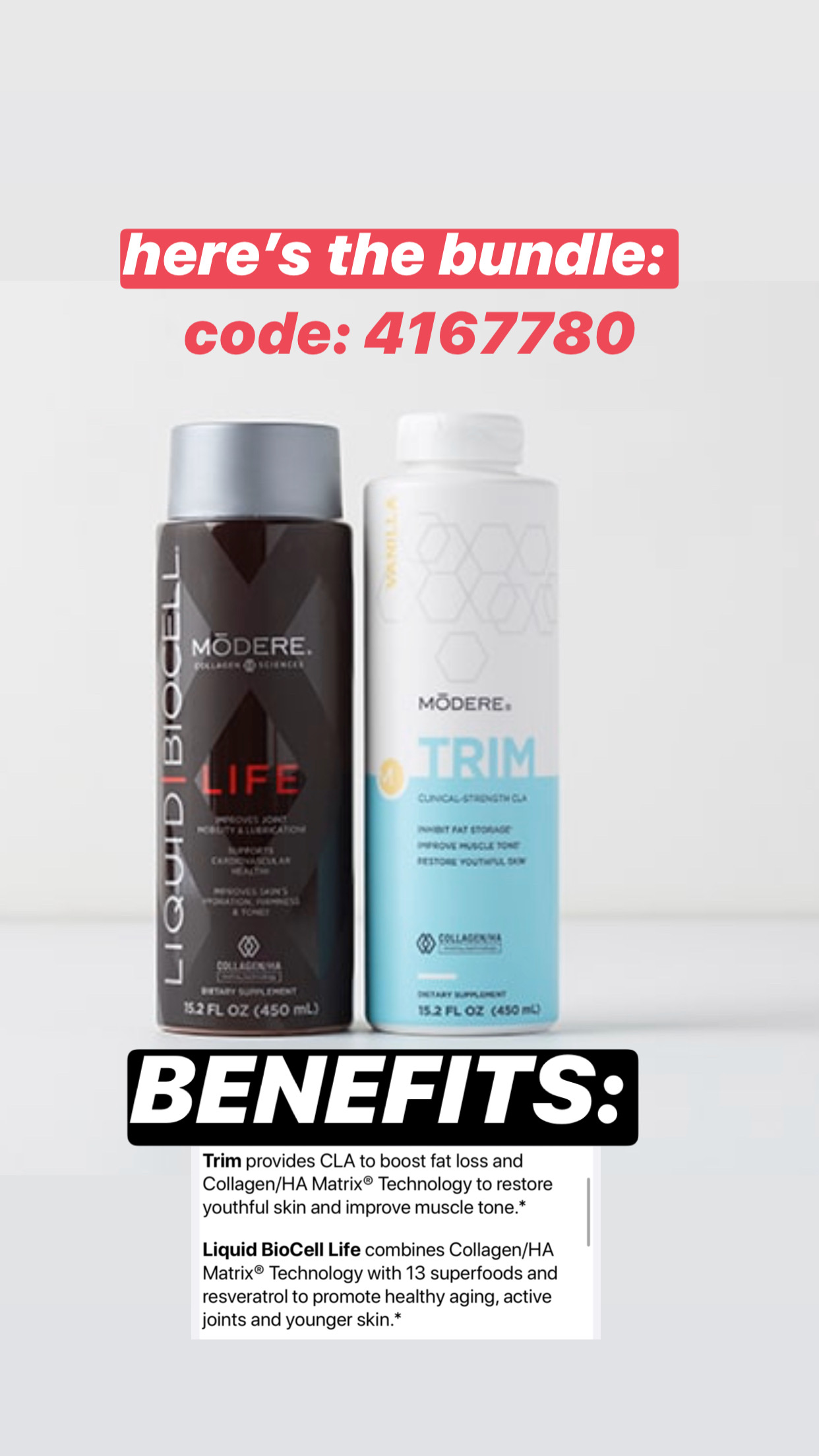
#BEST LIQUID COLLAGEN UK SKIN#
So why, he wonders, would anyone pay a massive mark-up for collagen peptides (which, by the way, can only be derived from animal sources)? Maybe it’s because most of us who have dabbled, including many at Team Red, report fresher-looking skin and noticeably stronger nails and hair. Says Marber: ‘It’s the amino acids, especially when you make them easily digestible and concentrated in the form of meat stock (or, yes, bone broth), gelatin (sugar-free jelly!) or protein powder, such as Form Nutrition Superblend vegan protein, that will replenish tissue including collagen.’ Most products provide significantly less than 10g, but Shotter’s preferred collagen drink, ZENii Skin Fusion, and Kollo Premium Liquid Marine Collagen, both do.Įvolution_18 Beauty Bubbles has vitamin C, HA, zinc and copper, while The Beauty Chef Collagen Inner Beauty Boost adds vitamin C and zinc. ‘Research papers involving this dosage do show benefit, but I’ve also given it to many, many patients with excellent results,’ says Dr Sophie Shotter, medical director atIlluminate Skin Clinics. It’s why 10g is the dose recommended by most aesthetic doctors who favour collagen supplements. However, the claim by most brands is that if you ‘flood’ the body with enough peptides (10g or10,000mg daily is what the 2013 study used), a good enough number will get ‘through’ to do their collagen-boosting work. Unfortunately, their journey through your stomach acid will turn most of them back into amino acids (switching the shortcut into a detour) and, according to some manufacturers, defy the entire purpose of your average peptide-based supplement. But, the catch is that these peptides have to make it to the small intestine whole to be absorbed by the bloodstream, where they can signal effectively. These are little chains of amino acids that will signal to the body to make collagen specifically. They’re made up of collagen hydrolysate, a substance derived from (look away now if you’re squeamish) cartilage, skin and other connective tissues of fish, cows, pigs or chickens, and composed of collagen peptides. Ingestibles, however, aim to provide a shortcut to collagen regeneration. So while eating plenty of protein is important for healthy joints and skin, eating lots of collagen isn’t a direct route to a more collagen-plumped face.’ What are the benefits of taking collagen?


‘Once broken down into their component parts, they get distributed to replenish the protein and tissue that’s most in need. ‘But this goes for any dietary proteins, including those from plants, such as tofu, seitan and beans,’ says Marber. The large collagen molecules can’t be absorbed into the bloodstream, so the body breaks them down into tiny amino acids, which it then uses as building blocks for body tissues. 'Collagen accounts for 75% of the skin's protein'Ĭollagen-rich foods (fish, beef, chicken, eggs, dairy) will help top up your body’s stores, but only in a roundabout way. It begins to deplete from age 25, leading, eventually, to creaky joints and sagging skin. It only exists in animals (including humans), so cannot be derived from plants, and accounts for 30% of all the body’s protein and 75% of protein in the skin. So what should you look for, if anything, if you want your collagen supplement to yield results? What is collagen and what does it do?Ĭollagen is a type of protein that forms connective fibres in tissues such as skin, joints, cartilage and bones, providing cushioning, bulk and support (think juicy, firm skin). In short, the jury is out on whether their often butt-clenching prices are worth paying. ‘If you understand the basic biochemistry of how proteins work in the body,’ says nutrition therapist and author Ian Marber, ‘you will be very suspicious of collagen supplements.’

Unless, that is, you heed the skincare and nutritional scientists declaring them a hoax.

With those results (better-hydrated skin, thicker hair, stronger nails), buying one of the many collagen drinks, powders and capsules currently flooding the market seems a no-brainer even Jennifer Aniston has got in on the act as chief creative officer of ingestibles brand Vital Proteins.


 0 kommentar(er)
0 kommentar(er)
